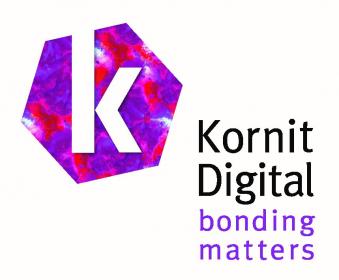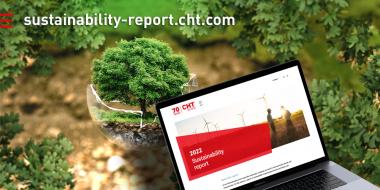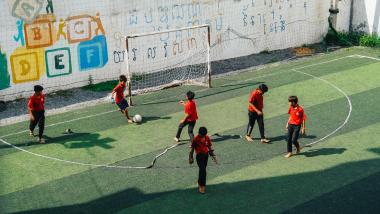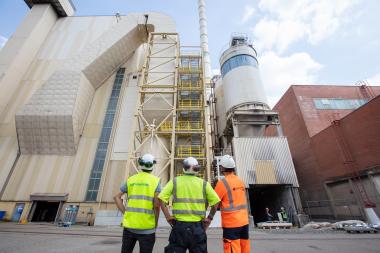A Dress For Venice - Debut at the International Film Festival
The project "A Dress For Venice" get on the Red Carpet at the Venice Film Festival to advocate for sustainability. September 7th, actress Margot Sikabonyi will wear a dress from the collection designed by conscious designer Tiziano Guardini, illustrated by artist Jacopo Ascari, and produced by Martina Vidal Venezia, with the following materials:
- Bemberg™: The innovative and biodegradable fiber from the Japanese company Asahi Kasei.
- Burano lace: Produced by the historic Martina Vidal Venezia for four generations.
"Returning to Venice and experiencing the emotions of this place and the artists who have enriched it is exhilarating," says Tiziano Guardini. "It's a work based on volumes, shapes, three-dimensionality, colours and materials research… from Mariano Fortuny to the Ottoman Empire's Turcherie."
Illustrator Ascari adds, "I started with a careful study of the works of Canaletto, Guardi and Bellotto, masterpieces of Eighteenth-Century Vedutismo. I portrayed new perspectives on the city's splendour, enhanced by Guardini's vibrant shapes and color choices."
On Thursday, September 7th, at 12:30, in the Veneto Region's room at the Hotel Excelsior on Lido, Elena Donazzan, Councilor for Education, Training, Employment, and Equal Opportunities, will present the project alongside its creators Laura Scarpa and Lorenzo Cinotti of Venezia da Vivere, designer Tiziano Guardini, artist Jacopo Ascari, and actress Margot Sikabonyi.
"We conceived A Dress For Venice for Homo Faber in 2019, to celebrate Venice's 1600 years of craftsmanship," explains Laura Scarpa. "This year, the research extends to sustainable innovation thanks to an international team of designers, artisans and companies," continues Lorenzo Cinotti.
The project reaffirms Venice's role as an international laboratory to reflect on the planet's future. "A Dress For Venice" is a limited-edition collection realized with the support of a network of companies identified by the Tavolo Veneto della Moda (Confartigianato, CNA, Confindustria, Confesercenti and Confcommercio of Veneto), the global platform C.L.A.S.S. (Creativity Lifestyle and Sustainable Synergy), the partnership of Camera Buyer Italia and the media partnership of The Italian Rêve.
The presentation of the collection to buyers will take place at the Marina Guidi showroom in mid-September, while it will have its dedicated exhibition on Friday, October 20th, during the Venice Fashion Week.
"A Dress for Venice" is endorsed by the Comune di Venezia, the Regione del Veneto, and Homo Faber - Fondazione Cologni dei Mestieri d’Arte, which promotes worldwide high craftsmanship and savoir-faire.
Partners in the project Infinity srl and Tessitura Grisotto, renowned Italian textile manufacturers who expertly craft Bemberg™ fiber into exquisite fabrics. Creazioni Digitali, a specialized company in sublimation digital printing, carries out the prints on Bemberg™ textiles with its unique project GreenDrop; with inks that reduces the water consumption.
Other partners include Marina Iremonger, Camera Buyer Italia, and the Tavolo Veneto della Moda, representing Confartigianato, CNA, Confindustria, Confcommercio, and Confesercenti.
C.L.A.S.S. Eco Hub





























